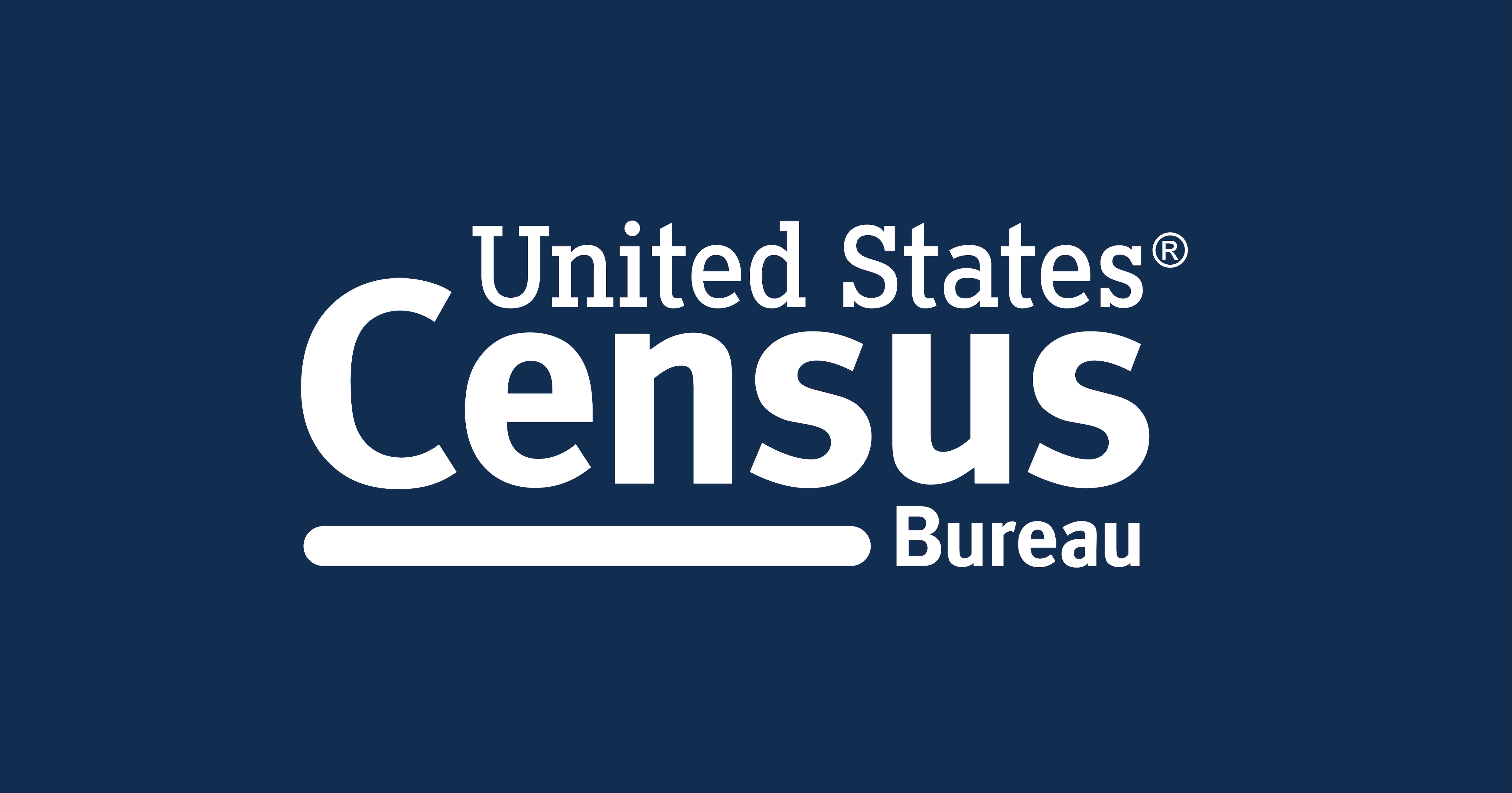People don't like to talk about this but we pay among the highest physician compensation in the world. Much higher than Germany, France, Spain, and even the UK.
You do have to pay a premium to get people to come here versus other places. I love it here for the overall quality of life but I do get that if you're a doctor there are some pretty great places in this world you can live and work for a system that isn't as complicated as ours.
It's not just wealthy people either. if employers had to pay for private plans, there'd be competition on employers to offer better insurance plans to attract workers, and paying more into the system.
I mean, if you have a job where your employer would be willing to pay for a private plan, you're likely in the top 10 percent of earners, someone I would consider wealthy.
Also, our current system is private. It is just single-handily paid for by the government. I could be open to people paying the private clinics for surgery ahead of waiting in line, I'd need assurances about a certain percentage of public spots in line. I don't know how many people opt to pay for a private surgery now. I could be wrong but the money whatever part of what use to be AHS is in charge of surgeries would get for someone paying the premium you'd charge, is that really worth it? Is there any benefit to doing that surgery here, you're just moving the person up in line, the number of people in line isn't changing? If someone cannot wait and want to pay someone somewhere else to do their surgery, go right ahead.
Anyways this is off topic... So to bring it back.
Even though I've talked about money and how the true cost of the opioid crisis is impossible to calculate, it isn't about money. Sure, we need to spend more of it to try everything we talk about but it is about the fact that the opioid crisis has affected so much in a negative way. It would be great if East Village was built out and thriving. Imagine if Victoria Park was built out and the Events Centre was the last thing to be added and not the first. There has been a ton of effort and real dollars spent on trying to reverse what that architect
@CT (Chinese_T) predicted. None of that will matter, no amount of "design can fix that issue", is going to fix the opioid crisis. To properly realize our societal investment in city building, the people that are the reason why East Village still languishes, need to be part of that investment.






